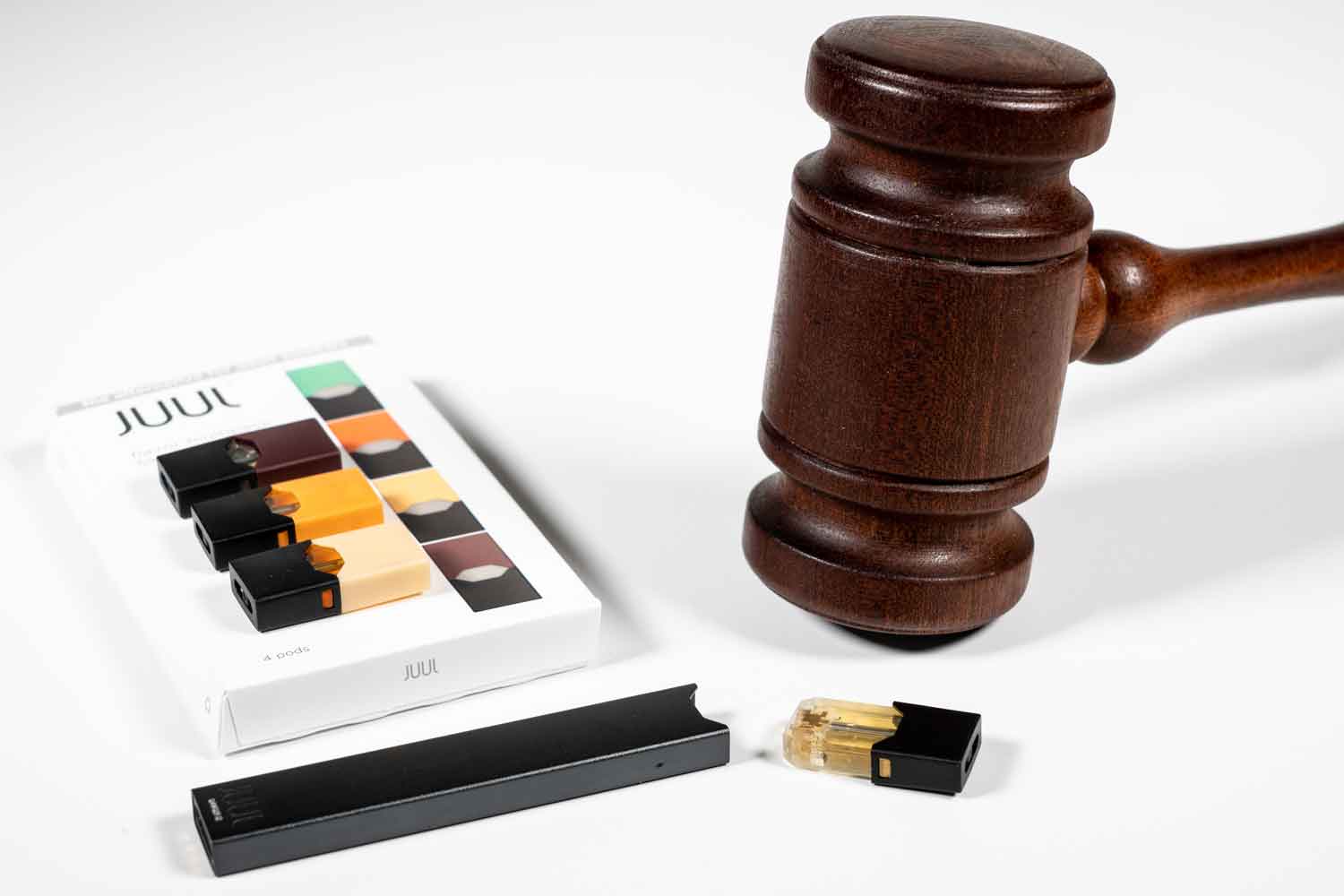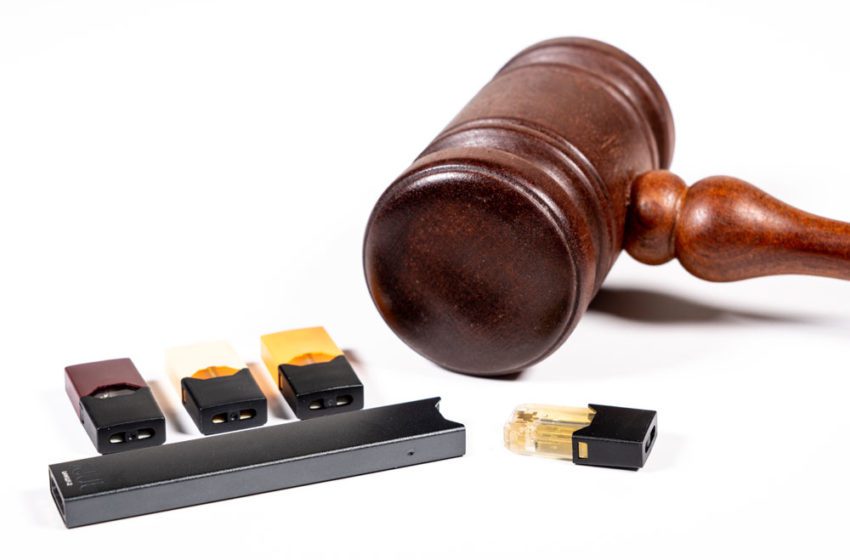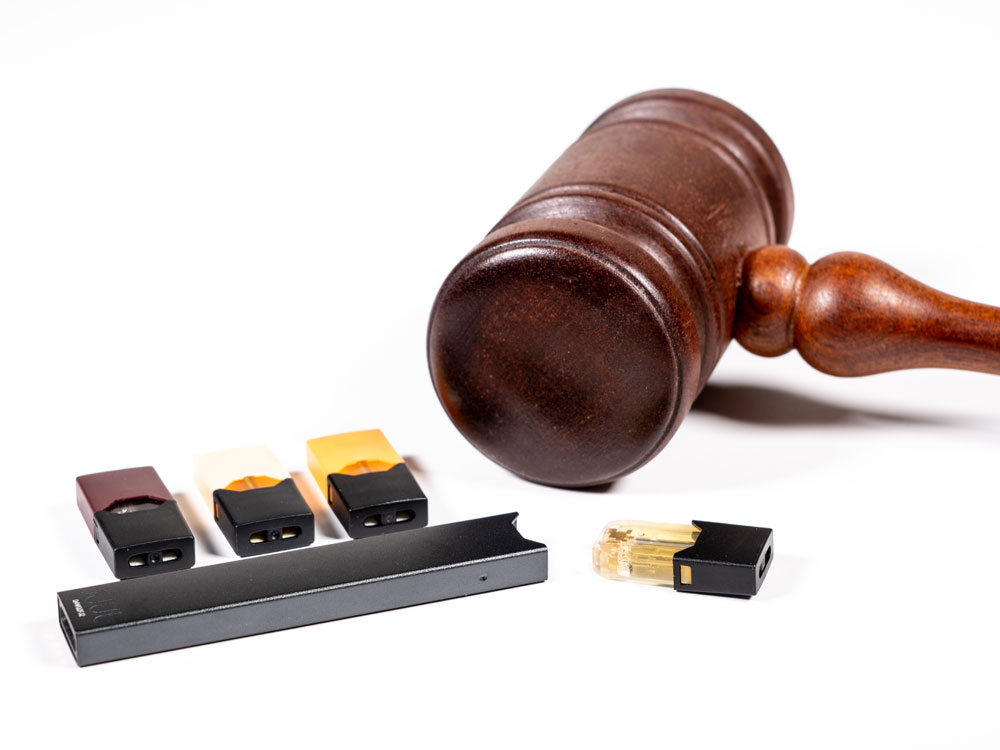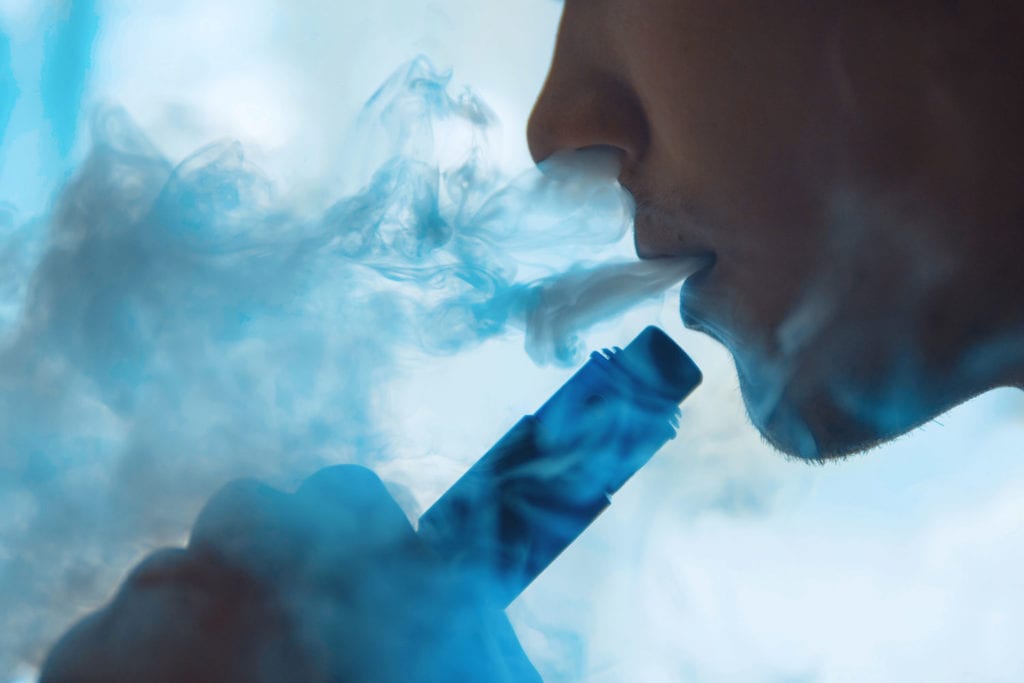Two e-liquid manufacturers may be forced to pull their products from store shelves after they lost their bid to force the U.S. Food and Drug Administration to allow them to market their vaping products.
The U.S. Court of Appeals for the Fifth Circuit denied Wages and White Lion Investments LLC, doing business as Triton Distribution, and Vapetasia LLC’s requests Monday for review of the agency’s marketing denial orders (MDOs) in a 2-1 decision.
The manufacturers didn’t show that the FDA acted arbitrarily or capriciously when it rejected their premarket tobacco product applications (PMTAs), the Fifth Circuit said.
“In a mockery of ‘reasoned’ administrative decision-making,” Judge Edith Jones, a former chief judge of the Fifth Circuit who has served since the Reagan administration, wrote in her dissent. “FDA (1) changed the rules for private entities in the middle of their marketing application process, (2) failed to notify the public of the changes in time for compliance, and then (3) rubber-stamped the denial of their marketing applications because of the hitherto unknown requirements.”
If the ruling holds, Triton and Vapetasia will not be able to sell their reduced-risk electronic nicotine-delivery system (ENDS) products.
The companies had applied to market products with flavors like sour grape, pink lemonade, crème brulee and milk and cookies and names such as “Jimmy The Juice Man Strawberry Astronaut” and “Suicide Bunny Bunny Season.”
Dozens of other smaller vape companies also have accused the regulatory agency of operating unfairly, and will likely be disheartened by this ruling, reports Alex Norcia for Filter.
Todd Wages, a partner at Triton Distribution, told Filter he was “very disappointed” in the court. “We’re exploring our next steps. I will not stop fighting until I can’t any longer, until every door is closed,” he said.
The FDA rejected applications to market 55,000 flavored e-cigarettes in August, 2021, including Triton’s, and said applicants would likely need to conduct long-term studies establishing their products’ benefits to win approval.
A Fifth Circuit panel in October then agreed with Triton’s claim that the new requirement for long-term studies differed from earlier FDA guidance and called the action a “surprise switcheroo” and the panel allowed Triton to keep selling its e-cigarettes until another panel could hear its appeal.
Eric Heyer, the lawyer representing Triton Distribution, told Filter that the company “intends to file a petition for rehearing en banc by the entirety of the Fifth Circuit.”
Most circuit court appeals are decided by a three-judge panel, however special circumstances could motivate the court to allow a majority of the active judges to vote to rehear the case “en banc.”
Moving forward, Triton had asked the court in briefs to allow the company to “enjoin FDA from taking further adverse action on the Petitioners’ PMTAs for 18 months to allow Petitioners to conduct the necessary studies to prove comparative efficacy” if the panel ruled against Triton. The court denied that request.




















